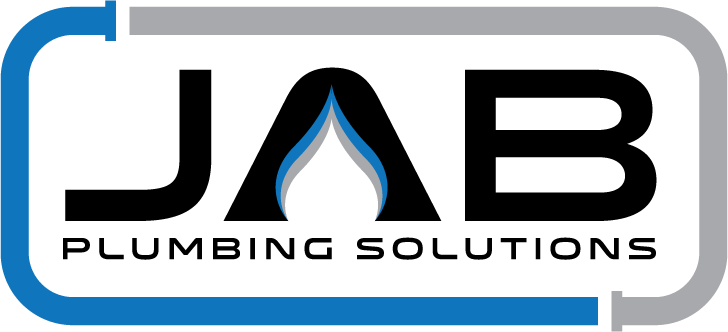Can you pour oil down the sink?
It’s a question we get asked all the time. Most people are unaware of the damage that cooking oil can cause drains when it’s poured down the sink, particularly in large quantities. Throughout Sydney homeowners and hospitality establishments continue to pour fats, oil and grease (FOG) down the sink. While a small amount of oil may seem harmless enough, over time the accumulation of oil in drain pipes can lead to expensive blockages for both private and public sewer lines.
Fats, Oil and Grease (FOG)
An article in the Journal of Oleo Science defines FOG as the by-products of cooking. It includes matter such as meat fats, lard, margarine, butter, cooking oil and deep-fried goods. FOG may occur as a viscous liquid or a solid. FOG can also sticks to other debris inside the pipes such as wet-wipes, forming large clumps that are referred to as “fatbergs.”
What happens when oil is poured down the sink or drain?
FOG is introduced into the sewer system when residences and businesses directly dump it into the drains by pouring or washing it down the sink. By law restaurants are requires to install grease traps that are designed to catch FOG before it enters the wastewater system. However, when high temperature water is used in dishwashers, FOG can melt and emulsify within the wastewater system and bypass the grease trap all together.
As it cools, grease hardens and congeals. When disposed of down the kitchen sink, the congealed oil coats the inside walls of the pipes gradually building up until the pipe becomes completely blocked. Continuous build-up of FOG decreases the capacity of the sewer system, restricting the flow of water and sewage.
Affected sewers will eventually fail, leading to the overflow of sewage from drain openings such as floor grates, sinks and the toilet. Sewer backups not only cause unpleasant odours, they also spread harmful bacteria and attract insects and rodents.
The Environmental Protection Agency (EPA) estimates that 47 percent of sewer overflows in the USA are related to, or caused by FOG. According to an article in the New York Times, 62 percent of sewer backups in New York City were caused by a buildup of fats, oil and grease. Clearing these fatbergs from the sewer lines cost the city an estimated $4.6 million dollars in 2013. Similarly in the UK, over 25,000 flooding incidents are due to sewer blockages, of which half are caused by FOG.
How to correctly dispose of cooking oil and grease
Even small amounts of grease such as the fat left in the pan after frying bacon can be dangerous for your sink drains. To prevent it from entering the pipeline, use a paper towel to soak up as much of the fat from the pan as possible and then place it in the bin. Small amounts of grease can even be placed in the compost bin.
When cooking with large amounts of oil, such as frying schnitzel, reusing the oil a few times before before throwing it out is a great way to reduce your waste. It can be poured into a glass jar and stored until the next time you require oil for frying. Once the cooking can no longer be used, wait for the oil to cool in the pan and then pour it into a a heat proof, sealable container and dispose of in the bin.
If you use large volumes of cooking oil, companies such as Auscol offer a cooking oil collection service. Auscol specialises in recycling used cooking oils and fats in an environmentally friendly way and their operations service all the states of Australia. Once the oil is collected it is processed back into stock feeds and bio-diesel.
It’s impossible to prevent every bit of grease from going down the sink. To reduce the likelihood of it building up in your pipes, use lots of hot soapy water when washing greasy dishes. Regularly pouring boiling water down your sink is another great way to reduce the incidence of blocked drains in your Sydney home.
Clearing grease from Sydney plumbing pipes
There are a few simple DIY tips you can try to clear grease from your Sydney drain pipes. However, if the blockage is severe the most effective way to restore drain health is to get the lines flushed with a high-pressured jet blasting machine (also called hydro jetting). All Sydney drainage plumbers will carry a jet blasting machine as part of their plumbing kit.
Jet blasting machines work by using a high-velocity jet of water to blast through clogs and blockages in pipes. It’s particularly effective for removing grease because it scrubs the inside lining of pipes completely clean, restoring pipes to full capacity.
If you need help from a Sydney drainage plumber call the experts at JAB Plumbing Solutions on 1800 225 552.
Related Articles:







